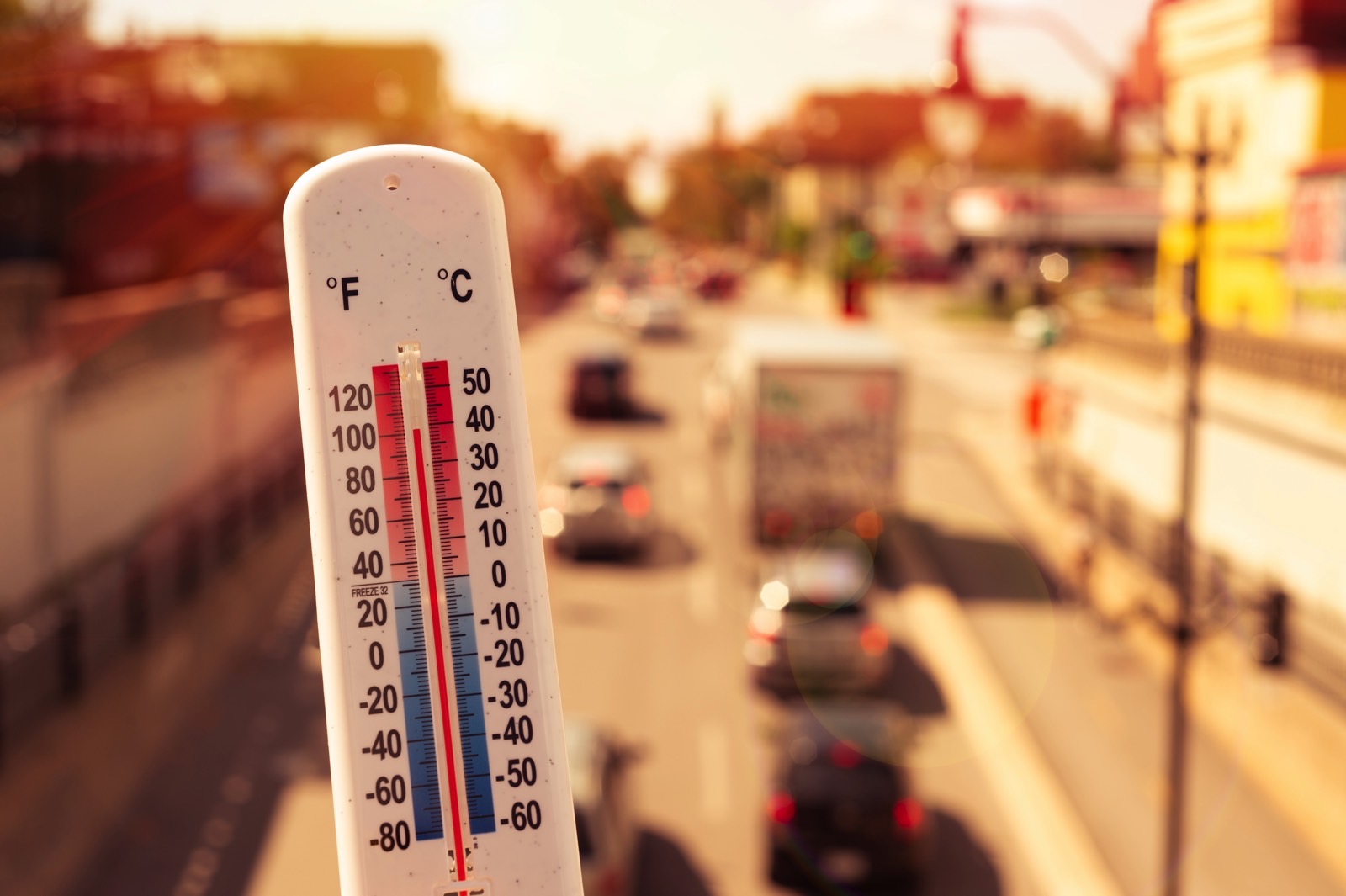Methane is one of the most dangerous greenhouse gases, trapping heat 84 times more effectively than carbon dioxide. It seeps into the atmosphere from landfills, sewage plants, and livestock, accelerating our losing battle against climate change. But what if we had a way to convert these emissions into something useful?
A British climate tech company, Levidian, has developed a process to convert harmful emissions into graphene, often called a “miracle” material due to its incredible strength and versatility.

Levidian’s LOOP emission conversion system breaks methane down into its core components—hydrogen and graphene. It does this using microwave energy and a specialized nozzle system which splits the methane molecules without producing additional waste. Hydrogen is a clean fuel that can burn without emitting carbon dioxide, making it a prized material for sustainable energy.
Graphene is one of the strongest materials known to science. It can be used to reinforce everyday products to improve their durability and efficiency. It’s so good that it’s often been referred to as a “miracle” material. This innovative approach offers a secondary benefit, too. It can also reduce dangerous emissions while creating useful materials that can help revolutionize industries.
Graphene is 200 times stronger than steel and incredibly lightweight. So far, Levidian is finding ways to integrate graphene into common products like tires, concrete, and even batteries, making them stronger, more efficient, and environmentally friendly.
Levidian’s LOOP emission conversion system has already expanded to the U.S., too, with companies like Southwire adopting the technology to help cut emissions. By repurposing harmful methane into valuable materials, scientists are proving that innovation can tackle climate challenges head-on. Hopefully, others will take note, and we can turn the tide in our losing fight against global warming before it’s too late.








